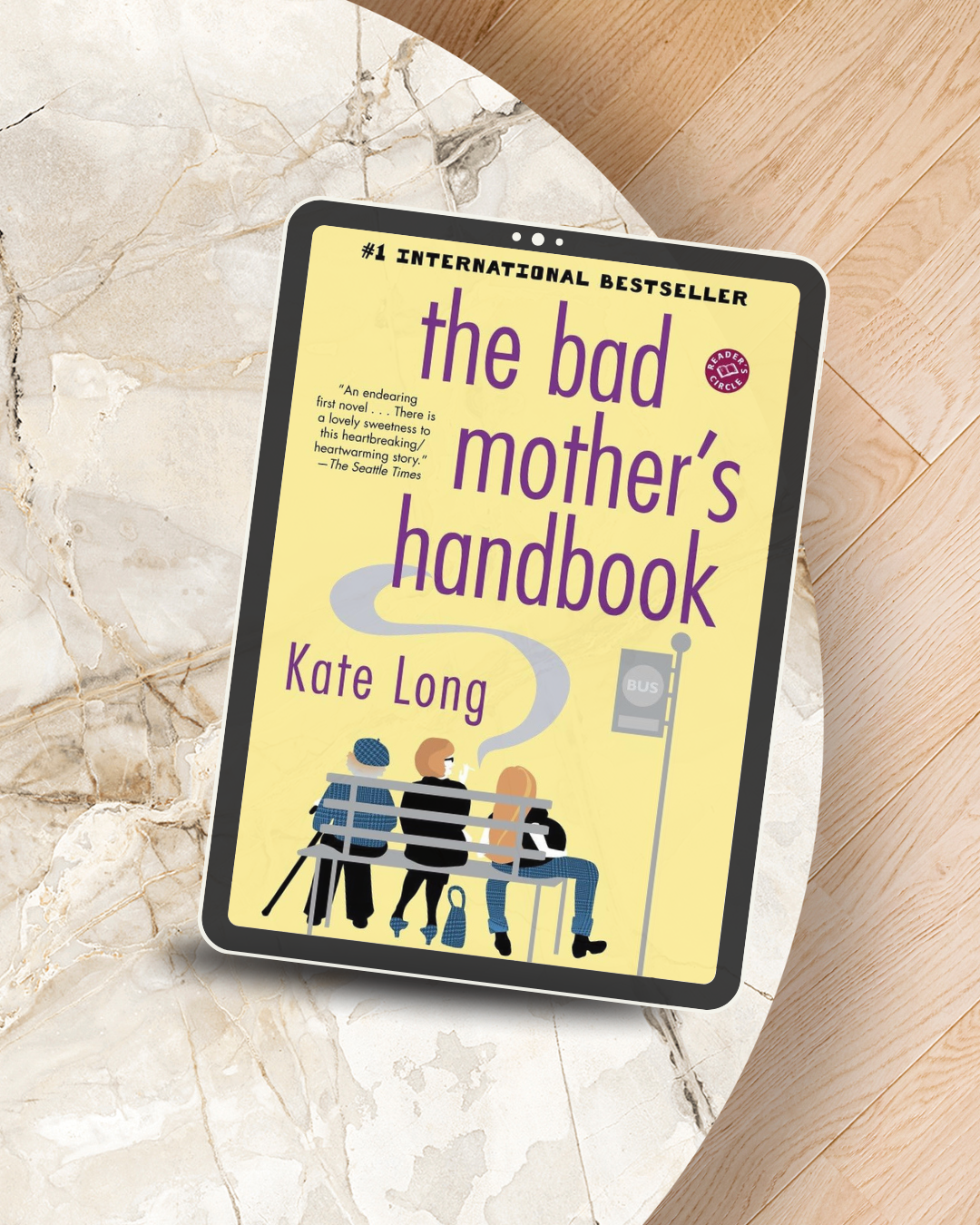Review of The Bad Mother’s Handbook
By Kate Long | 2008 edition
Reading The Bad Mother’s Handbook felt like stepping into a messy, chaotic, painfully real slice of life—and feeling strangely comforted by it. I didn’t expect to see so much of myself, my family, or the unspoken complexities of motherhood reflected so clearly, but Kate Long has this way of telling the truth without dressing it up.
The story follows three generations of women—Nan, Karen, and Charlotte—and it’s told with a sharp mix of wit, frustration, and deep emotional undercurrents. At the heart of it is Karen, a single mother doing her best but often feeling like she’s doing everything wrong. I related to her more than I expected. She’s prickly, tired, impatient, and—despite everything—so full of heart. Her voice is rough around the edges, but it’s authentic, and I found myself rooting for her even in her worst moments.
What hit hardest was how Long explores the idea that there’s no such thing as a “perfect mother”—only women doing their best with the tools (and trauma) they’ve inherited. The book doesn’t glamorize motherhood or family life. It’s raw, sometimes sad, often funny in the way real life can be when everything feels like it’s falling apart. And through all of that, it reminds us that love doesn’t always look like hugs and kind words—it’s also frustration, sacrifice, and showing up again and again.
Charlotte, Karen’s teenage daughter, brings her own emotional weight to the story. Her experiences—navigating adolescence, identity, and a fractured home—felt painfully familiar. The intergenerational tension between her, her mother, and her grandmother felt incredibly real, like three versions of the same woman colliding at different life stages, all trying to be seen, understood, and respected.
I’ll admit there were moments I got frustrated with the characters—especially Karen—but then I’d realize that’s the point. These women aren’t polished heroines. They’re flawed, confused, sometimes cruel, often overwhelmed. And in that, they feel achingly human.
The Bad Mother’s Handbook isn’t about bad mothers—it’s about real mothers. It’s about inherited pain, unspoken regrets, and the quiet resilience that holds broken families together. If you’ve ever felt like you were failing at holding everything together, this book offers a gentle reminder: you’re not alone, and love doesn’t have to be perfect to be powerful.
This wasn’t a feel-good read—but it was a feel-seen read. And sometimes, that’s the kind we need most.
Get your copy at Amazon.

